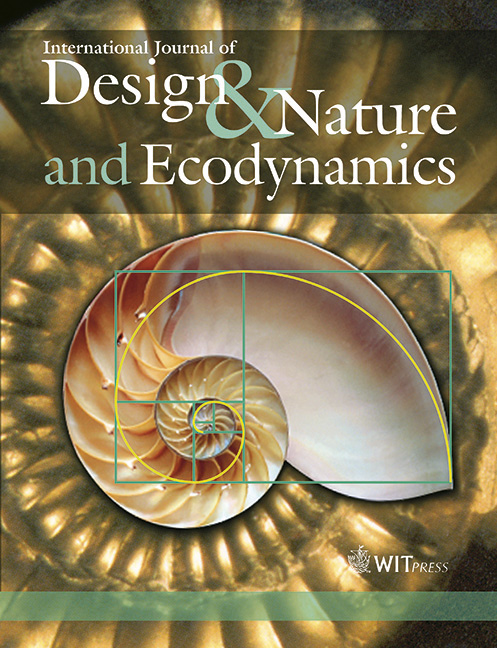SYSTEMS ECOLOGY, ENERGY NETWORKS, AND A PATH TO SUSTAINABILITY
Price
Free (open access)
Volume
Volume 12 (2017), Issue 1
Pages
14
Page Range
1 - 15
Paper DOI
10.2495/DNE-V12-N1-1-15
Copyright
WIT Press
Author(s)
BRIAN D. FATH
Abstract
One of the great advances of the 20th century was the rise of a formal systems science and systems thinking. This progress influenced ecology in ways that provided new insight to the structure and function of ecosystems using tools from thermodynamics, networks, information theory, and more. We have been able to increase our understanding of how ecosystems function in terms of using available energy to create complex structures to move away from thermodynamic equilibrium and how these self-organizing structures adapt to changing situations. Ecological goal functions can measure this orientation of ecosystem growth and development (EGD). This presentation addresses how these metrics attuned for ecosystems have relevant application in socio-economic systems. In particular, energy network science is a new paradigm that draws from thermodynamics, information theory, and network analysis to assess the organization, patterns, and dynamics of diverse systems such as ecosystems, financial systems, and urban metabolism. Our understanding of sustainable systems is informed by knowing how ecological and other far-from-thermodynamic equilibrium systems create, maintain, and sustain their functional activities. This approach builds from the seminal efforts of systems thinkers such as Gregory Bateson, Buzz Holling, Jane Jacobs, Sven Jørgensen, Donella Meadows, Jacob Moreno, Bernard Patten, Joseph Tainter, Robert Ulanowicz, and Ilya Prigogine.
Keywords
Autocatalysis, Ecological goal functions, Network analysis, Succession, Sustainability, Systems ecology, Thermodynamics




